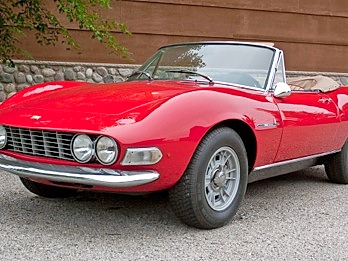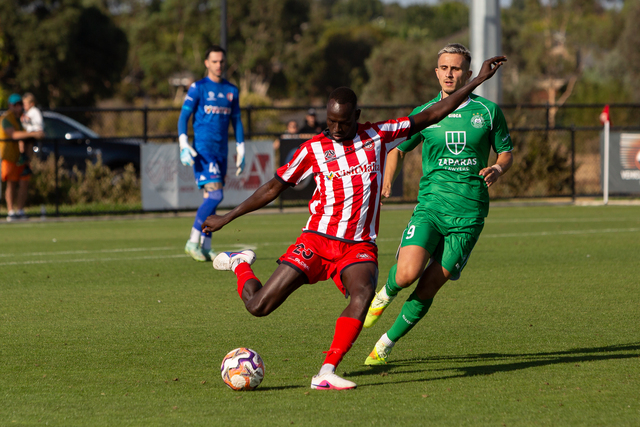In the late 1960s new rules were imposed on all racing car manufacturers requiring that all Formula Two cars be based on derivatives of production cars and that at least 500 units be made available to the general public.
This new requirement put Ferrari into a difficult situation. It had spent a lot of time and money developing a new engine but wasn’t in the business of mass-producing cars.
Enzo Ferrari had recalled a conversation he had with the Fiat management at the 1964 Turin Motor Show which went along the lines of: “If you ever need any help you only have to ask.” And so he did.
Such a request must have seemed like a godsend to the Fiat management. At that time they were looking at the possibility of designing a new model to replace the ageing and rather unfashionable 2300S coupe.
The concept seemed right and they entered into an agreement with Ferrari to produce the engine in production quantities.
When the first Fiat Dino prototype was put on display at the Turin Motor Show in 1966 it was received with enthusiastic acclaim both for its looks and its appeal as a ‘driver’s car’.
The car displayed was an open Spyder, with a body designed by Pininfarina. The aggressive- looking grille and curved bonnet line were somewhat tempered by the slightly flared front wings.
The engine was the Ferrari designed V6, rated at 1987cc. It retained the 54-degree angle of earlier Ferrari units, which gave more space for the induction system, although it was close enough to the ideal 60-degree angle not to create any imbalance problems. It featured a sand-cast aluminium cylinder block with pressed-in liners and, by using a large bore size and small valves, achieved good gas flow. Its four overhead camshafts were driven by a single duplex timing chain.
The car enabled Ferrari to continue racing in 1967 and also gave Fiat a strong weapon with which to do battle in the international sportscar market.
But Fiat didn’t stop there for the Dino Spyder was hardly a replacement for the 2300S coupe. To fill this breach, Fiat launched a two-door closed coupe, styled by Bertone, at the March 1967 Geneva Show. Both models were given a facelift in 1969.
In all, only 6068 coupes and 1583 Spyders were built before production ceased in 1972.

















